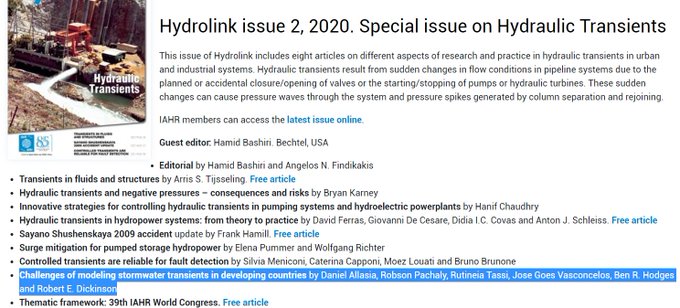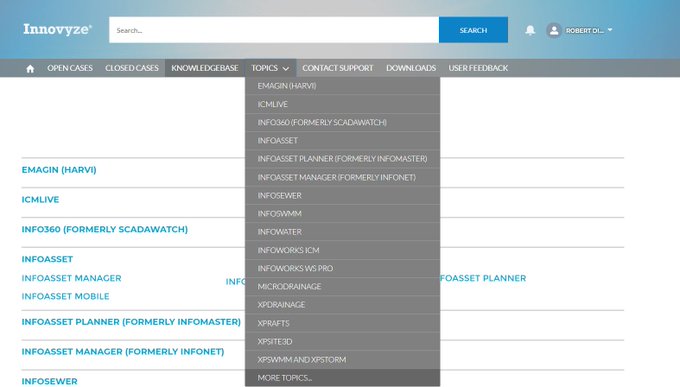🌍 Deep Dive into InfoSWMM SA & Its Nuances 🌊
1/ 🚀 ArcEngine InfoSWMM SA: This variant of InfoSWMM, known as InfoSWMM SA, reveals some fascinating, often overlooked features of the 1D St Venant solution. This extends to software like SWMM5, InfoSWMM, and ICM SWMM Networks. Dive into SA's capabilities with these intriguing output graphs and reports! 🖼️ [Image]
2/ 💾 Software Compatibility: ArcEngine InfoSWMM SA 3.0 is built on ESRI's 10.7 version, while InfoSWMM is more adaptable, running on ArcMap versions ranging from 10.3 to 10.8. 🖼️ [Image]
3/ 🌐 ArcGIS ESRI Software Family: For those curious about how ArcMap fits into the broader ArcGIS ESRI suite, here's a tidbit: ArcMap specializes in 2D spatial data visualization and editing. For a deeper dive, check out ArcGIS Wikipedia. 🖼️ [Image]
4/ 💡 Flow Insights in SWMM5: The SWMM5 engine calculates the flow at the link's midpoint, relying on upstream and downstream hydraulic data. Outputs in this context span Flow, Depth, Capacity, and the Froude Number. 🖼️ [Image]
5/ 📊 Capacity Analysis: In SWMM5, while the flow is gauged at the link's midpoint, associated data like depth and capacity follow suit. Here, "Capacity" is derived from the middle cross-sectional area divided by the full flow area. 🖼️ [Image]
6/ 📈 Velocity in SWMM5: The velocity, a derived output in SWMM5, is calculated using the link's midpoint flow and the depth-related cross-sectional area. 🖼️ [Image]
7/ 🚦 Capacity vs. Surcharge d/D: While SWMM5 displays the capacity (area/full area), InfoSWMM further offers insights into the Surcharged d/D – essentially the average of upstream & downstream depths. A point to note: Capacity ranges between 0 and 1, but Surcharge d/D might exceed 1. 🖼️ [Image]
8/ 🌪 Flow Volume & Froude Number: Both are computed outputs in SWMM5. Notably, the Froude Number works in tandem with the Keep, Dampen, and Ignore parameters, influencing the non-linear term's inclusion/exclusion in the St Venant Equation solution. 🖼️ [Image]
9/ 🌊 Velocity Outputs in SWMM5: Besides the central flow output, SWMM5 provides computed outputs for upstream and downstream velocity, derived from the link's flow and the respective cross-sectional areas. 🖼️ [Image]
10/ 📜 Area in 1D St Venant Solution: This solution leverages upstream and downstream cross-sectional areas, extracted from the respective depths. These play a pivotal role in the solution's non-linear term. 🖼️ [Image]
11/ 📐 Upstream & Downstream Depths in SWMM5: These depths, pivotal in SWMM5, are based on node area rules and the corresponding node depths. Depth essentially is the node depth, but can differ if there are offsets, normal depth, or critical depth. 🖼️ [Image]
Stay curious, and keep exploring these water systems' intricacies! 💧🔍📘🎉


